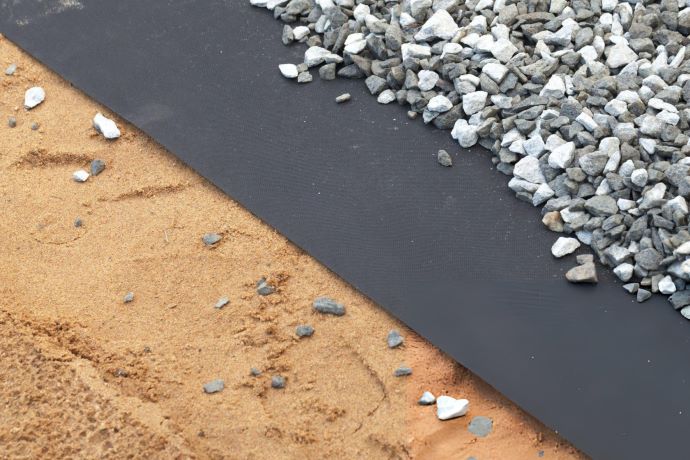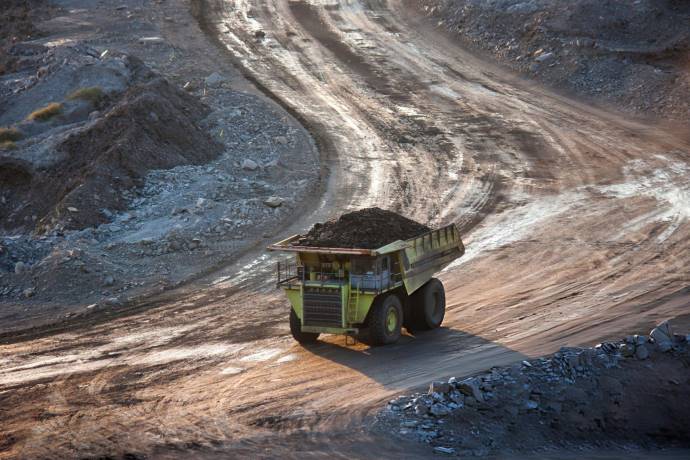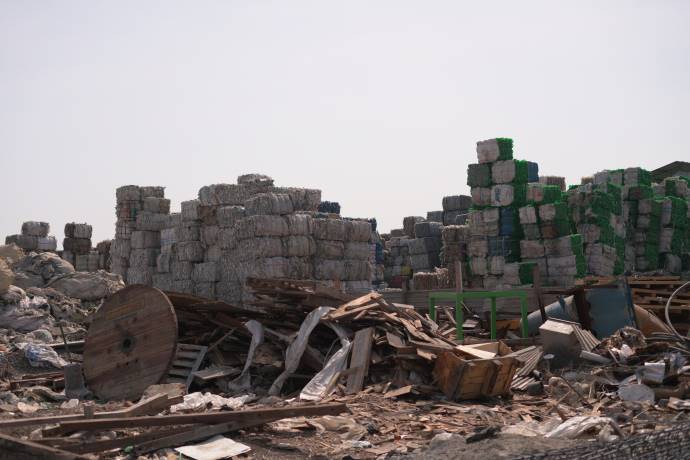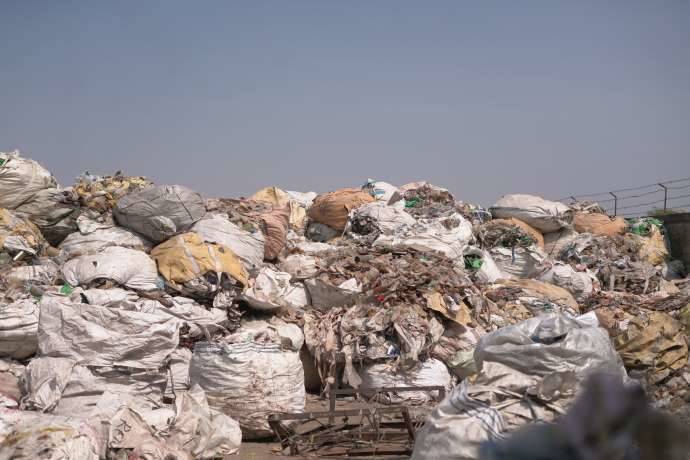Understanding 7 Types of Plastic for Better Waste Management
Key Takeaways:
- Recycling codes identify plastic type — not recyclability. The numbers 1–7 show the resin used, but local recycling acceptance depends on infrastructure, contamination, and economic value.
- PET (#1) and HDPE (#2) are the most widely recyclable plastics. These materials are commonly accepted, economically viable, and in high demand in recycled markets.
- Not all plastics are equally safe or easy to process. HDPE and PP are generally safe for food use, while PVC (#3), PS (#6), and some #7 plastics are harder to recycle and less ideal for heat or repeated use.
Have you ever flipped over a plastic bottle and noticed a small triangle with a number inside?
Most people assume that symbol means the item is recyclable.
Not exactly.

That number — from #1 to #7 — tells you what type of plastic the product is made from. It’s called a resin identification code, and it helps recycling facilities sort materials properly.
But here’s the important part:
A recycling symbol does not automatically mean your local recycling program accepts it.
Let’s break this down in a way that actually makes sense.
1. PET (Polyethylene Terephthalate)

You see this everywhere — water bottles, soda bottles, clear food trays.
Is PET recyclable?
Yes. Very recyclable. In fact, it’s one of the most widely recycled plastics in the world.
Recycled PET (often called rPET) gets turned into:
- New bottles
- Polyester clothing
- Packaging materials
- Strapping
Is PET safe?
Generally safe for single-use drinks and food packaging. But it’s not ideal for repeated reuse over long periods.
If you remember one thing: PET is valuable in the recycling world.
Also Read: Recycled PET for Food Contact - Safety & Regulations
2. HDPE (High-Density Polyethylene)

Found in: Milk jugs, detergent bottles, shampoo bottles, motor oil bottle.
Is HDPE recyclable?
Absolutely. It’s one of the easiest plastics to recycle and very stable during processing.
Recycled HDPE becomes:
- Pipes
- Plastic lumber
- Industrial containers
- New bottles
Is HDPE safe?
Yes. It’s considered one of the safest plastics for food contact because it’s chemically stable and resistant to leaching.
This is one of the “good plastics.”
Also Read: Recycled HDPE vs Virgin HDPE — Performance & Buyer's Guide
3. PVC (Polyvinyl Chloride)

Used in pipes, vinyl flooring, cable insulation, and some packaging.
Is PVC recyclable?
Technically yes. In reality? Rarely.
PVC contains chlorine and additives that make recycling complicated and expensive.
Is PVC safe?
PVC can release harmful substances if burned or improperly processed. It’s not commonly used for direct food packaging.
This is one plastic most recycling programs avoid.
4. LDPE (Low-Density Polyethylene)

Found in: Plastic bags, plastic wrap, food storage containers, infusion bottles.
Is LDPE recyclable?
LDPE plastic is difficult to recycle because of its low density. However, Langgeng Jaya Group is capable of recycling LDPE waste and turning it into high-quality LDPE pellets for LDPE-based products.
Is LDPE safe?
Yes, generally safe for food packaging.
The problem isn’t safety — it’s collection logistics.
5. PP (Polypropylene)

Found in: Fruit containers, plastic furniture, microwaveable meal trays, motor vehicle parts.
Can PP be recycled?
Yes — and it’s becoming more widely accepted as recycling technology improves.
Recycled PP is used for:
- Battery cases
- Automotive parts
- Geotextile
- Strapping band
- Drying Tarp
Is PP safe?
Yes. It’s heat-resistant and commonly used for microwave-safe food containers.
PP is gaining popularity in the recycling industry.
Also Read: Virgin vs Recycled Polypropylene - What You Need to Know
6. PS (Polystyrene)

Found in: Disposable cups, plastic cutlery, egg cartons.
Is PS recyclable?
Rarely. Especially foam (Styrofoam). It’s lightweight but bulky, making transportation and processing costly.
Is PS safe?
When heated, polystyrene can release styrene — a chemical that raises health concerns. That’s why it’s not ideal for hot food.
This is one of the least desirable plastics environmentally.
7. Others (Mixed Plastics, Polycarbonate, Bioplastics)
This is the “everything else” category.
It includes:
- Polycarbonate
- Acrylic
- Nylon
- Multi-layer plastics
Is #7 recyclable?
Usually difficult. Many products in this category are made from mixed materials that can’t be easily separated.
Is #7 safe?
It depends. Some older polycarbonate plastics contained BPA. Many manufacturers now use BPA-free alternatives.
This category requires extra caution.
Which Plastics Are Actually Recyclable?
Here’s the simple version:
Most Widely Recycled
- #1 PET
- #2 HDPE
Increasingly Recycled
- #5 PP
- #4 LDPE (varies by location)
Rarely Recycled
- #3 PVC
- #6 PS
- #7 Mixed plastics
And remember — local recycling rules matter more than the number alone.
Also Read: Types of Waste Used in Waste-to-Energy Power Plants
Why Is Some Plastic Not Recyclable?
Recycling isn’t just about melting plastic and reshaping it.
Some plastics are hard to recycle because:
- They contain mixed layers.
- They include additives or dyes.
- They degrade after reprocessing.
- They’re contaminated with food waste.
- Recycling them costs more than producing new plastic.
In short: recyclability is both a technical and economic issue.
What Is the Most Recyclable Plastic?
If we’re being practical:
PET (#1) and HDPE (#2) are the most recyclable plastics globally.
They are widely collected, economically viable, and in high demand in recycled resin markets.
That’s why beverage bottles and milk jugs are major recycling targets.
Quick Reference Guide
| Code | Plastic | Widely Recyclable | Food Safe | Common Products |
| #1 | PET | Yes | Yes (single use) | Bottles |
| #2 | HDPE | Yes | Yes | Milk jugs |
| #3 | PVC | Rarely | Limited | Pipes |
| #4 | LDPE | Sometimes | Yes | Plastic bags |
| #5 | PP | Increasing | Yes | Food containers |
| #6 | PS | Rarely | Not ideal for heat | Foam cups |
| #7 | Other | Difficult | Depends | Mixed products |
Do you now understand each of the plastic recycling codes? Grouping your plastic waste should be much easier.
By understanding and correctly identifying each plastic code, we can increase the potential for recycling our daily plastic waste and contribute to protecting the environment from improper recycling processes.
You can also offer your plastic waste to us. Learn more about becoming a plastic waste supplier for Langgeng Jaya Group here.
For more information on recycling and plastic management, visit the Langgeng Jaya Group blog.



